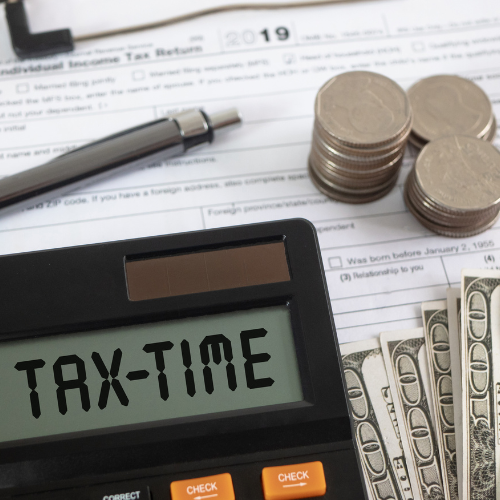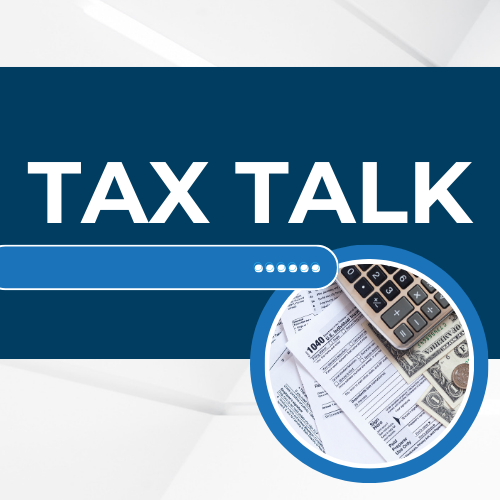Tis the Season for Tax Planning
Take advantage of the spring's calm before the storm to do some tax planning.

Tax planning is a crucial aspect of running a small business. It involves taking a proactive approach to managing your tax liability and minimizing the amount of tax you owe. By engaging in tax planning, small business owners can save significant amounts of money on taxes. In this blog post, we will explore some of the ways that tax planning can help small business owners save money on taxes.
Take Advantage of Deductions and Credits
One of the primary benefits of tax planning is the ability to take advantage of deductions and credits. Small business owners can deduct a wide range of business expenses from their taxable income, including office rent, utilities, travel expenses, and employee salaries. Additionally, there are various tax credits available for small businesses, such as the Research and Development Tax Credit and the Work Opportunity Tax Credit. By carefully tracking your expenses and staying up-to-date on changes in tax laws, you can identify deductions and credits that you may be eligible for. This can significantly reduce your taxable income and lower your overall tax liability.
Timing Income and Expenses
Another key aspect of tax planning is timing your income and expenses. By deferring income or accelerating expenses, you can reduce your taxable income for a given year. For example, if you expect to be in a lower tax bracket next year, you may want to defer income until the following year. Similarly, you may want to accelerate expenses such as equipment purchases or advertising costs to reduce your taxable income for the current year.
Structuring Business Entities
The way you structure your business can also impact your tax liability. Different types of business entities, such as sole proprietorships, partnerships, and corporations, are subject to different tax rates and regulations. By choosing the right business structure for your business and making any necessary changes over time, you can optimize your tax savings.
Retirement Planning
Retirement planning is an important component of tax planning for small business owners. By contributing to a retirement plan, such as a 401(k) or SEP IRA, you can reduce your taxable income while saving for retirement. Additionally, there are various tax benefits associated with retirement plans, such as tax-deferred growth and potential tax credits.
Hire a Professional
Finally, hiring a professional can be a valuable investment in tax planning for small business owners. A tax professional can help you navigate complex tax laws and regulations, identify opportunities for savings, and ensure that you are taking advantage of all available deductions and credits. Additionally, a tax professional can help you avoid costly mistakes and penalties that can arise from improper tax planning.
Tax planning can help small business owners save significant amounts of money on taxes. By taking advantage of deductions and credits, timing income and expenses, structuring business entities, planning for retirement, and hiring a professional, small business owners can optimize their tax savings and reduce their overall tax liability. It is important to stay up-to-date on changes in tax laws and regulations, and to engage in tax planning throughout the year rather than waiting until the end of the year. With careful planning and attention to detail, small business owners can achieve significant tax savings and improve their bottom line.
Schedule your tax planning appointment to learn more.
Quick Links
Contact Information
Business Hours
- Mon - Fri
- -
- Sat - Sun
- Closed















